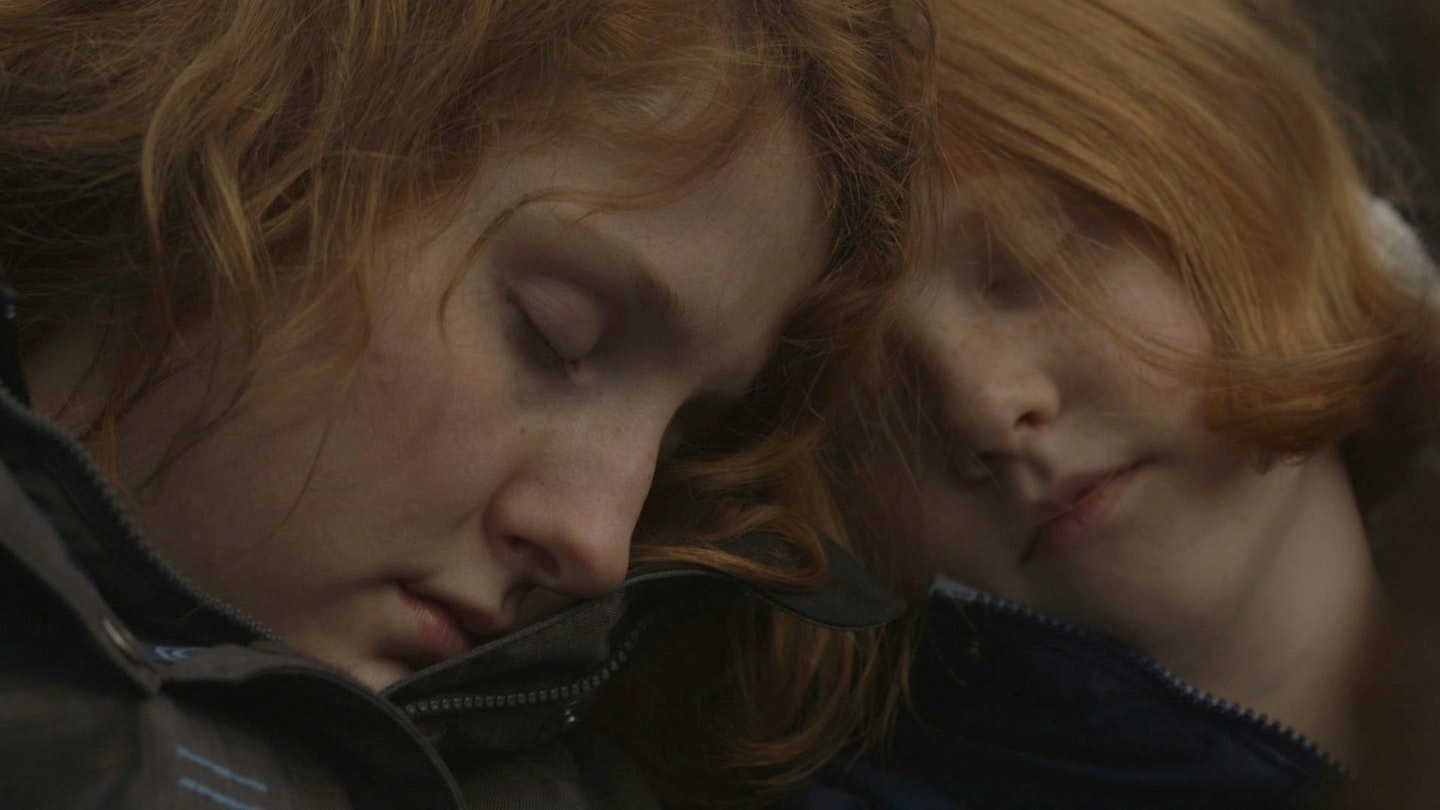The danger of blurring the line in a documentary is that viewers won't always know which side of the line they are on. As in her 2011 acclaimed debut Bombay Beach, Israeli-American director Alma Har'el dispenses with delineation to let reconstruction, observation and performance flow into one another in a poetic assault on both the senses and the emotions that often proves difficult to resist.
Opening with the reflections on love St Paul addressed to the Corinthians, Har'el introduces Alaskan twentysomething Blake Gurtler, whose relationship with Joel Storm is hindered by his brittle bone disease and her reluctance to confess she is a pole dancer. Secrets also blighted `Coconut' Willie Hunt's romance with his Hawaiian childhood sweetheart and they now threaten his relationship with his toddler son Honu after he discovers he is not the boy's biological father. And paternal problems continue to confuse 18 year-old Victory Boyd, a promising black singer-songwriter, who busks on the streets of New York with the eight-strong family choir led by her dad John, who beat and cheated on the wife who eventually fled into hiding.
Victory's singing is one of the joys of a film executive produced by Shia LaBeouf, whom Har'el directed in a Sigur Rós video. Indeed, this often feels more like an impressionist mosaic than an actuality, as re-enactments elide with snapshots of reality and speculations on how the future might play out. But, such is the visionary assurance of Har'el's idiosyncratic technique that fictional meetings with Blake's older self (Mary Hanglady) and Victory's mother (Chineze Enekwechi) feel entirely organic and plausible. Some may complain that Har'el draws no firm conclusions, but this is as much about style as reality.
